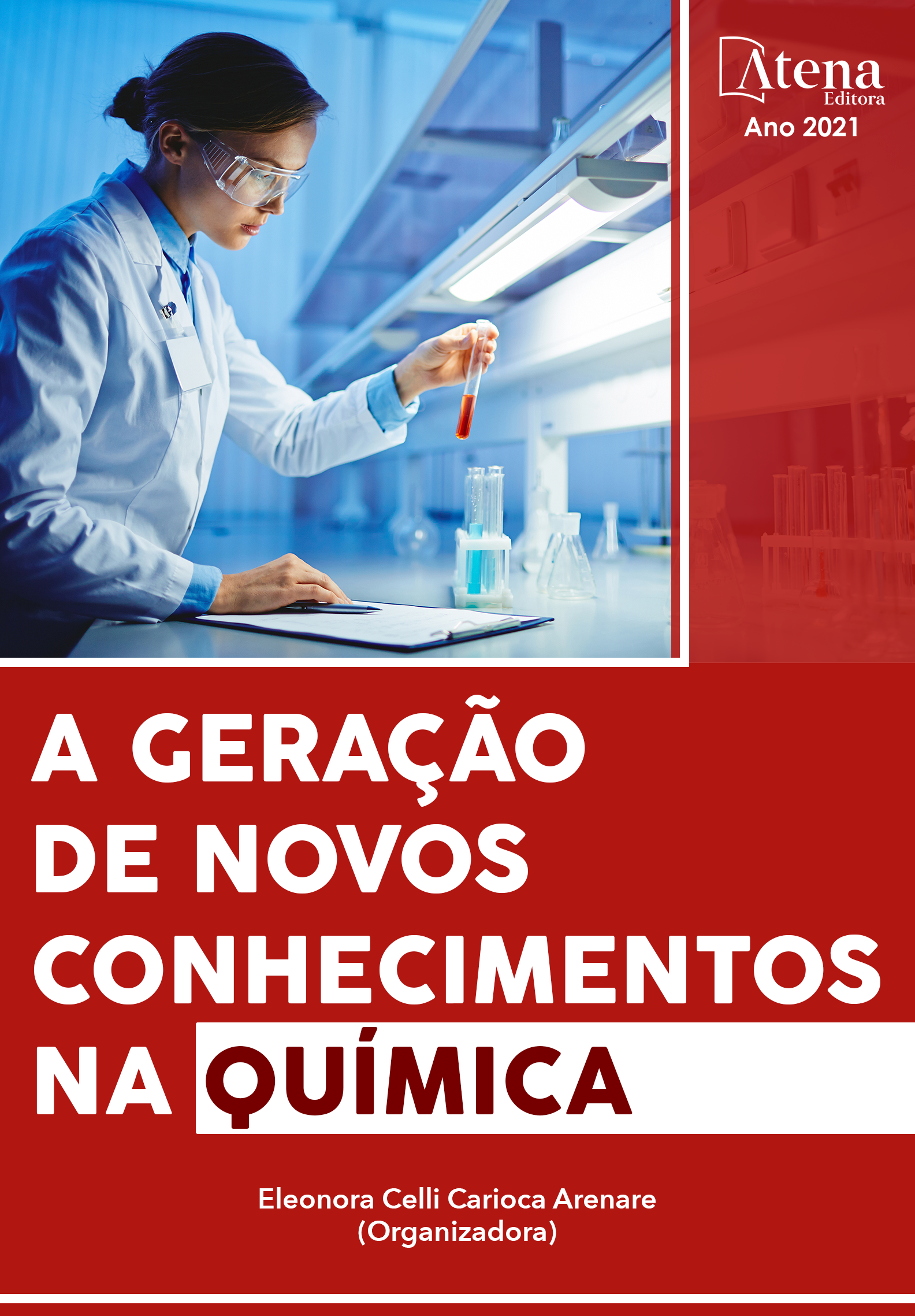
AS ATIVIDADES PRÁTICAS EM LABORATÓRIO E A FORMAÇÃO EM ENGENHARIA DE PETRÓLEO: A AQUISIÇÃO DE COMPETÊNCIAS POR MEIO DA EXPERIMENTAÇÃO
O presente artigo tem o objetivo de mostrar a importância das práticas laboratoriais para a aquisição de competências necessárias à formação do engenheiro de petróleo. Para isso, são desenvolvidas atividades no âmbito da disciplina Laboratório em Engenharia de Petróleo, do Curso de Graduação em Engenharia de Petróleo da Universidade Federal Fluminense, de construção de um experimento no qual é simulado um fenômeno físico-químico real - a deposição de parafinas - que ocorre nos dutos dos sistemas produtivos de petróleo, em função da queda de temperatura no trajeto entre o reservatório, no subsolo, e a plataforma de petróleo, na superfície. O trabalho destaca as competências estabelecidas nas Diretrizes Curriculares Nacionais do Curso de Graduação em Engenharia que são adquiridas com a realização das atividades laboratoriais. As associações entre os estudos teóricos realizados, o conhecimento dos problemas do mundo real e o saber prático-laboratorial desenvolvido propiciam, ao discente, oportunidades para consolidar potencial de coordenar, elaborar e planejar projetos de engenharia, além de torná-lo capaz de identificar, formular e resolver problemas da área, de modo que venha a se tornar um profissional bem qualificado.
AS ATIVIDADES PRÁTICAS EM LABORATÓRIO E A FORMAÇÃO EM ENGENHARIA DE PETRÓLEO: A AQUISIÇÃO DE COMPETÊNCIAS POR MEIO DA EXPERIMENTAÇÃO
-
DOI: 10.22533/at.ed.7152118065
-
Palavras-chave: Engenharia de Petróleo. Competências. Laboratório. Parafina. Ensino.
-
Keywords: Petroleum Engineering. Skills. Laboratory. Paraffin. Teaching.
-
Abstract:
This article aims to show the importance of laboratory practices for the acquisition of skills necessary for the formation of petroleum engineers. For this, activities are developed under the discipline Laboratory in Petroleum Engineering, of the Program of Petroleum Engineering at Universidade Federal Fluminense, to build an experiment in which a real physical-chemical phenomenon is simulated - the deposition of paraffins - that occurs in the pipelines of petroleum production systems, due to the temperature drop in the path between the reservoir, underground, and the petroleum platform, on the surface. The work highlights the competencies established in the National Curriculum Guidelines for the Undergraduate Engineering Course that are acquired with the performance of laboratory activities. The associations between the theoretical studies carried out, the knowledge of real-world problems and the practical laboratory knowledge developed provide the student with opportunities to consolidate the potential to coordinate, elaborate and plan engineering projects, in addition to making him able to identify, formulate and solve problems in the area, so that it becomes a well qualified professional.
-
Número de páginas: 15
- Lucas Velloso Oliveira da Silva
- Geraldo de Souza Ferreira
- Rogério Fernandes de Lacerda
- Sérgio Allan Barbosa de Ornellas


